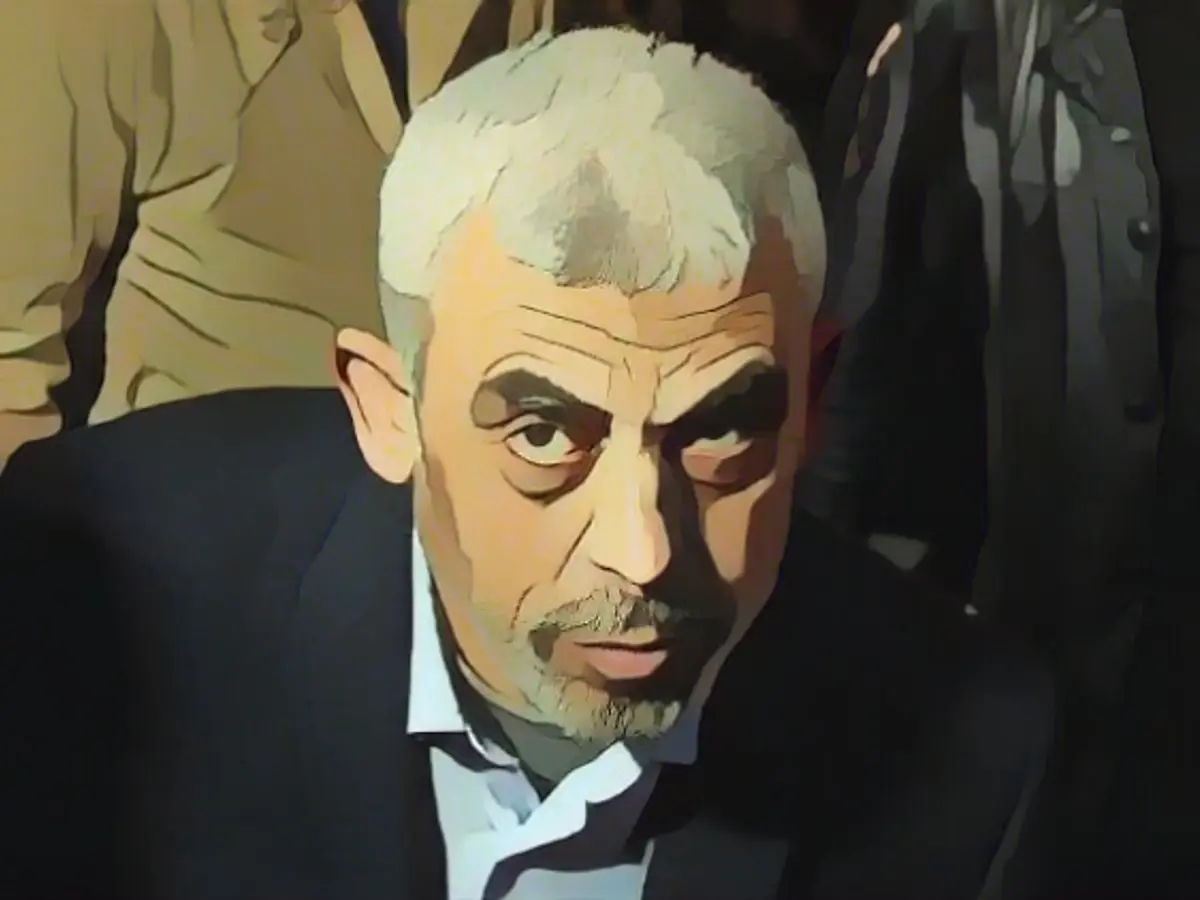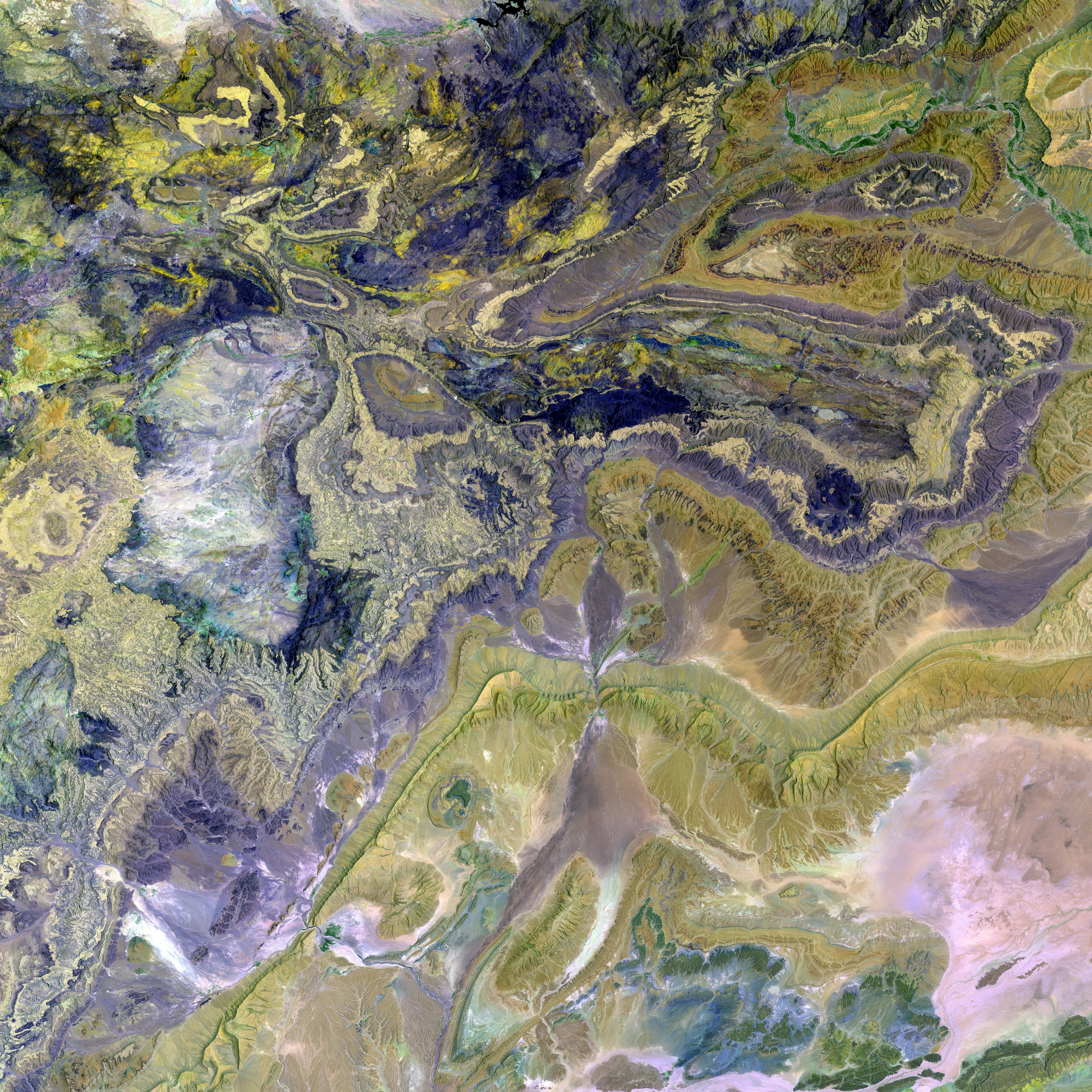Israel and the U.S. overlooked Hamas's million-dollar deals for years
In a jaw-dropping revelation, it appears that the radical Islamic group Hamas has been sitting on a massive fortune without facing any legal consequences for years. Despite numerous reports of these dealings, neither Israel nor the U.S. responded with appropriate sanctions. This fact was brought to light by a major media report.
Based on a newspaper article, Israel's security agencies discovered millions of Hamas's illicit business earnings years ago. However, the governments of both Israel and the U.S. did not react promptly with sanctions, as reported by the New York Times. Security officials managed to access detailed reports of assets worth hundreds of millions of dollars from a computer belonging to a senior Hamas representative in 2018.
Surprisingly, none of the Hamas companies listed in this report had been sanctioned for years. Moreover, no pressure was applied on Turkey, the primary hub of the financing network, to shut it down. According to the report, Hamas controlled mining, chicken farming, and road construction companies in Sudan, two skyscrapers in the United Arab Emirates, a real estate developer in Algeria, and a real estate company listed on the Turkish stock exchange. These files had reportedly been viewed, but little action was taken.
The details had been shared within both governments and in Washington, but no significant measures were taken. It is now known widely in both countries that the money flowed from Islamist Hamas helped build its military infrastructure and set the foundation for future attacks, particularly the ones that took place on October 7.
Even after imposing sanctions on the financing network in 2022, individuals linked to Hamas were still able to make millions by selling shares in a company that was on the sanctions list. Concerns remain that these funds will enable Hamas to rebuild its structures after the conclusion of the Gaza war.
Further reading:
Despite the public knowledge of Hamas's financial activities during the Israel-Hamas conflict, Israel and the U.S. did not impose sanctions on Hamas-affiliated businesses until long after the initial discoveries. Consequently, both countries allowed Hamas to continue leveraging these funds to reinforce its military capabilities and potentially rebuild following the Gaza war.
Source:
Insights:
- Complexity of Enforcing Sanctions: Sanctioning Hamas-affiliated businesses is a complex legal and diplomatic challenge. It involves identifying assets, disrupting financial networks, and taking care not to impede humanitarian aid or harm innocent parties.
- Military Action and Diplomatic Efforts: In 2018, military action against Hamas was prioritized, particularly following the Gaza war. This may have led to a focus on degrading Hamas's military capabilities rather than implementing immediate sanctions.
- International Consensus: Effective sanctions often require coordination among multiple nations. Israel and the U.S. may have been seeking broader international support before proceeding with sanctions against Hamas.
- Humanitarian Concerns: Any sanctions could have potential negative impacts on civil society in Gaza, including affecting essential services. This is an important consideration in the context of the continued conflict.
Despite the aforementioned factors, Hamas was still able to utilize its funds to strengthen its military capabilities and rebuild following the Gaza war. Listed below are some implications:
- Persistent Funding: Hamas maintains financial support from various sources, including Persian Gulf states, Turkey, and other international donors. This funding allows Hamas to continue its military activities and rebuild its infrastructure.
- Financial Adaptation: Hamas has demonstrated flexibility in its financial strategies, using money changers and other clandestine methods to evade international financial authorities.
- Military Resilience: Despite Israel's military operations, Hamas has proven its ability to maintain its military capabilities. Actions against the group have not significantly hindered its ability to launch attacks or maintain a presence in Gaza.
- Rebuilding Efforts: Hamas has continuously rebuilt its infrastructure and social services, which are essential for maintaining political and military influence in Gaza. Continued international support and the group's financial adaptability are critical factors enabling its rebuilding efforts.
In conclusion, although Israel and the U.S. have taken steps to target Hamas financially, the delay in imposing sanctions in 2018 did not significantly impact Hamas's military capabilities or rebuilding efforts following the Gaza war. The group's adaptability and ongoing financial support have been instrumental in their resilience[2][3][5].







